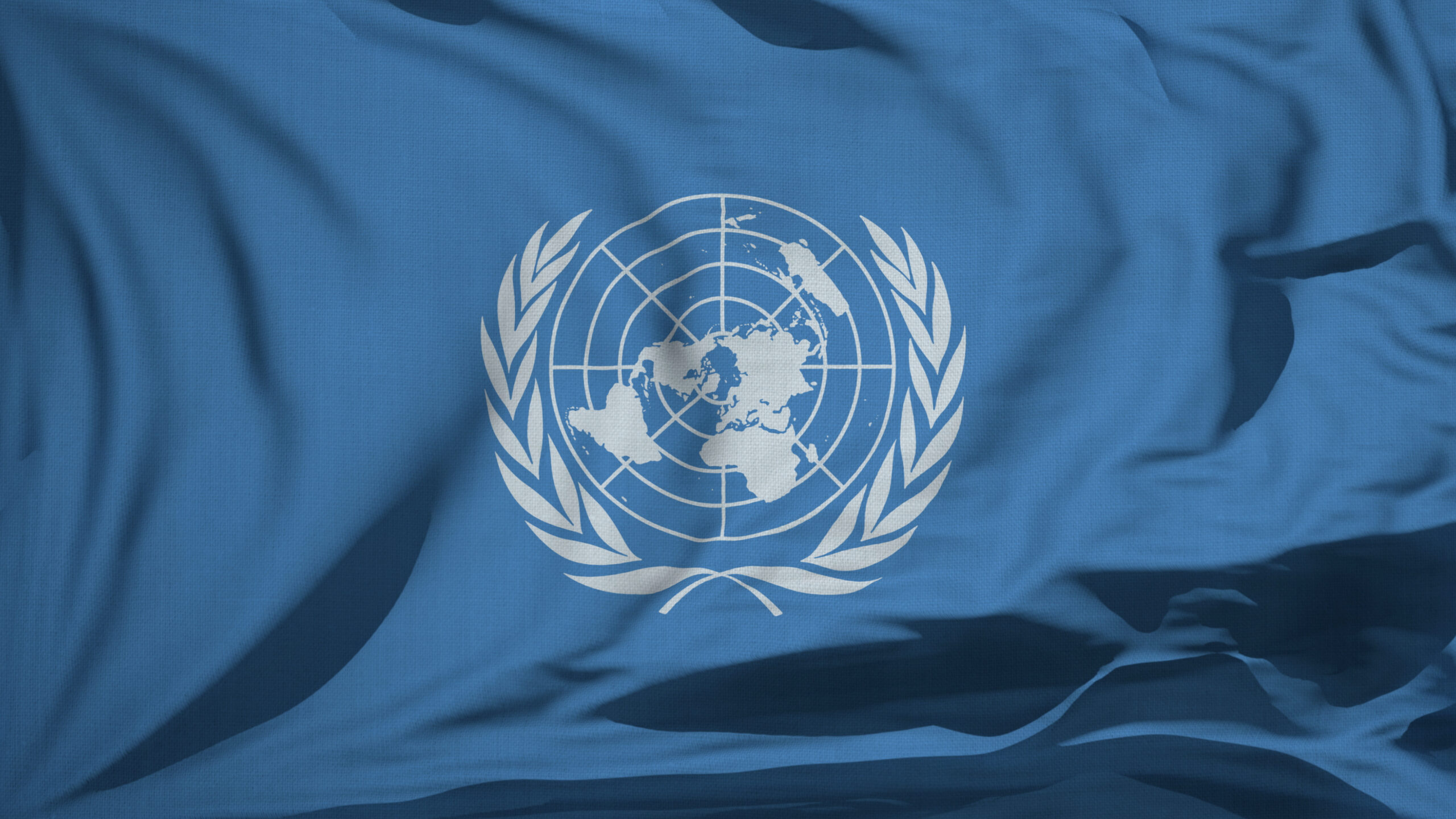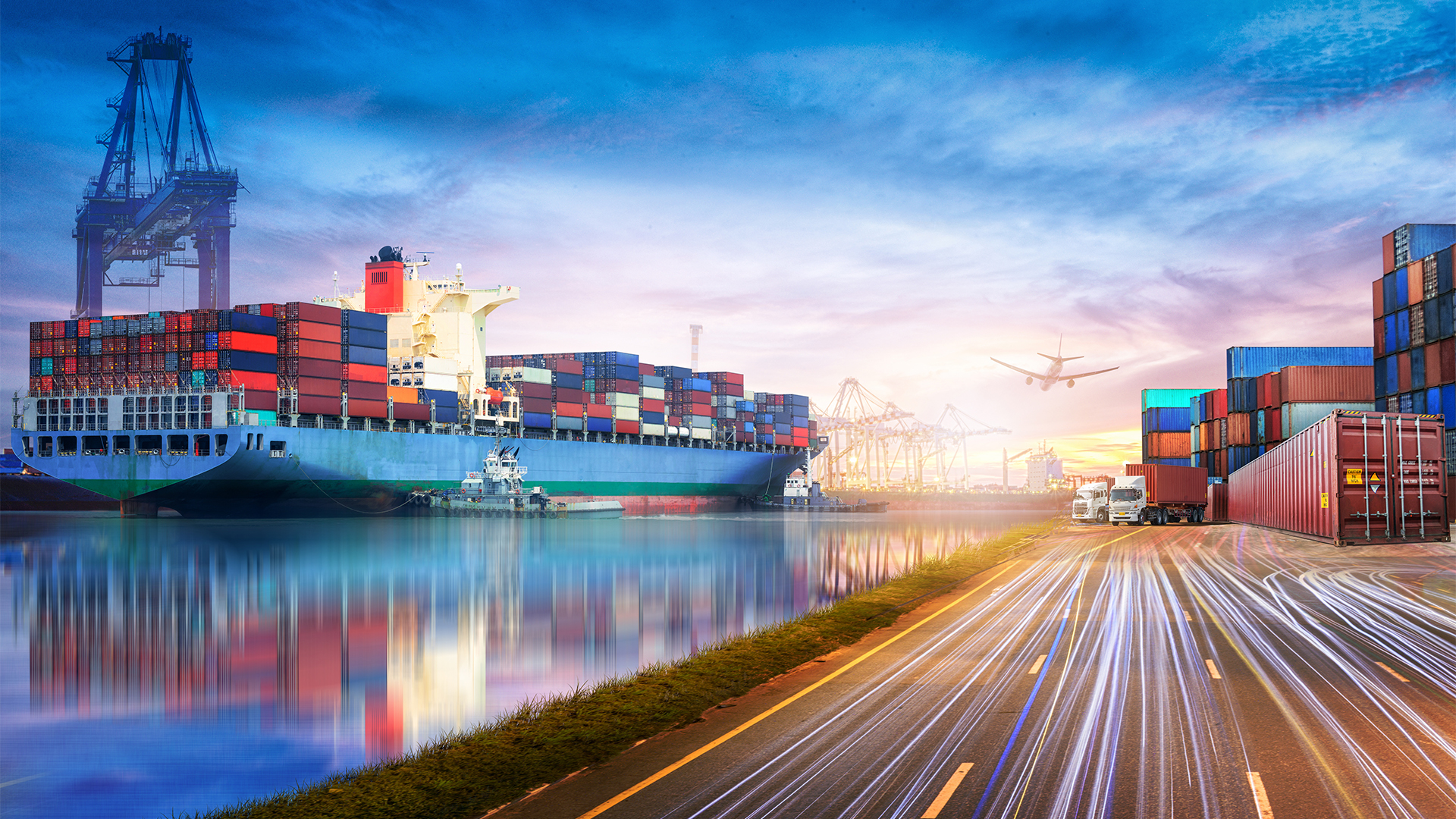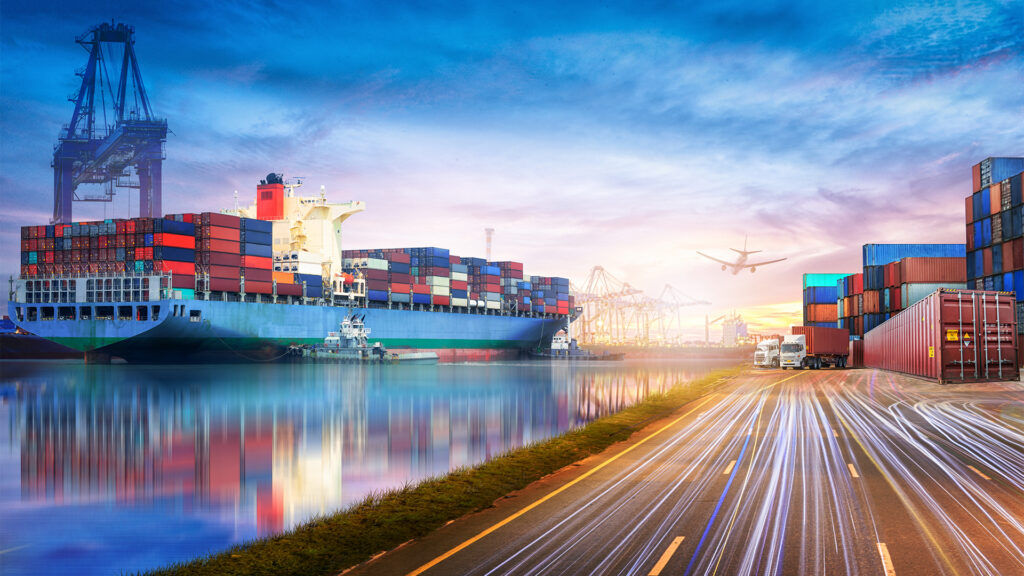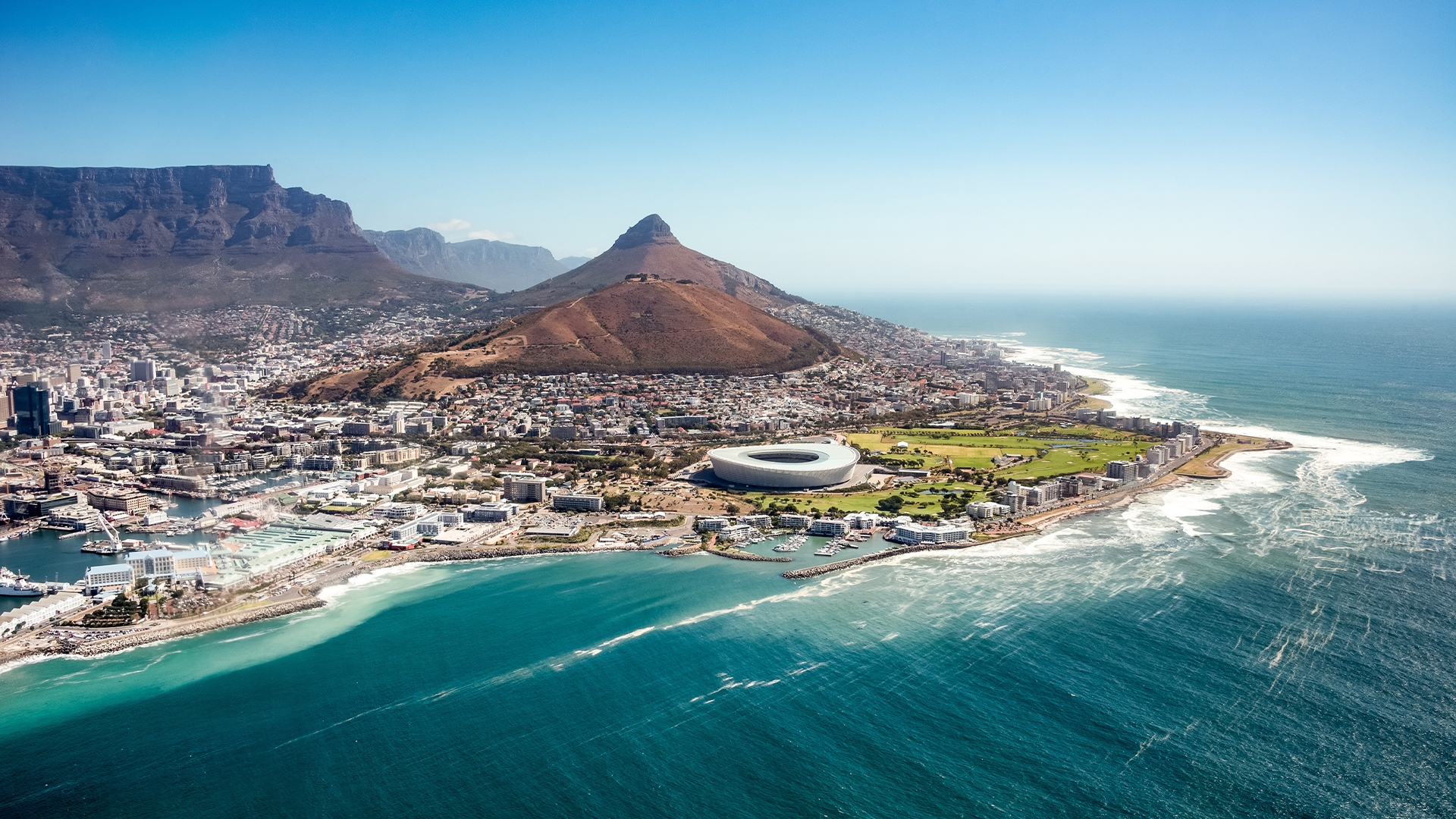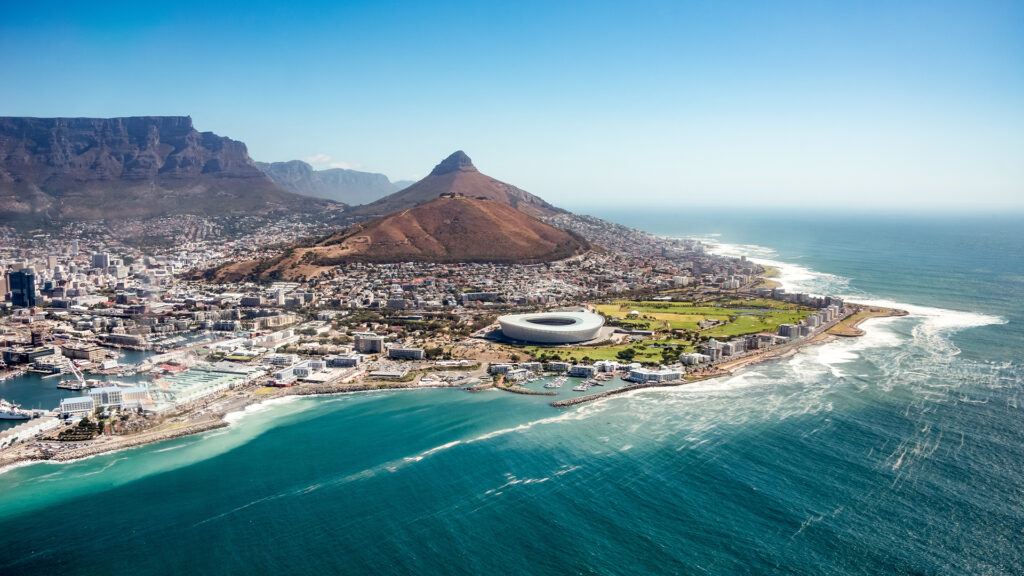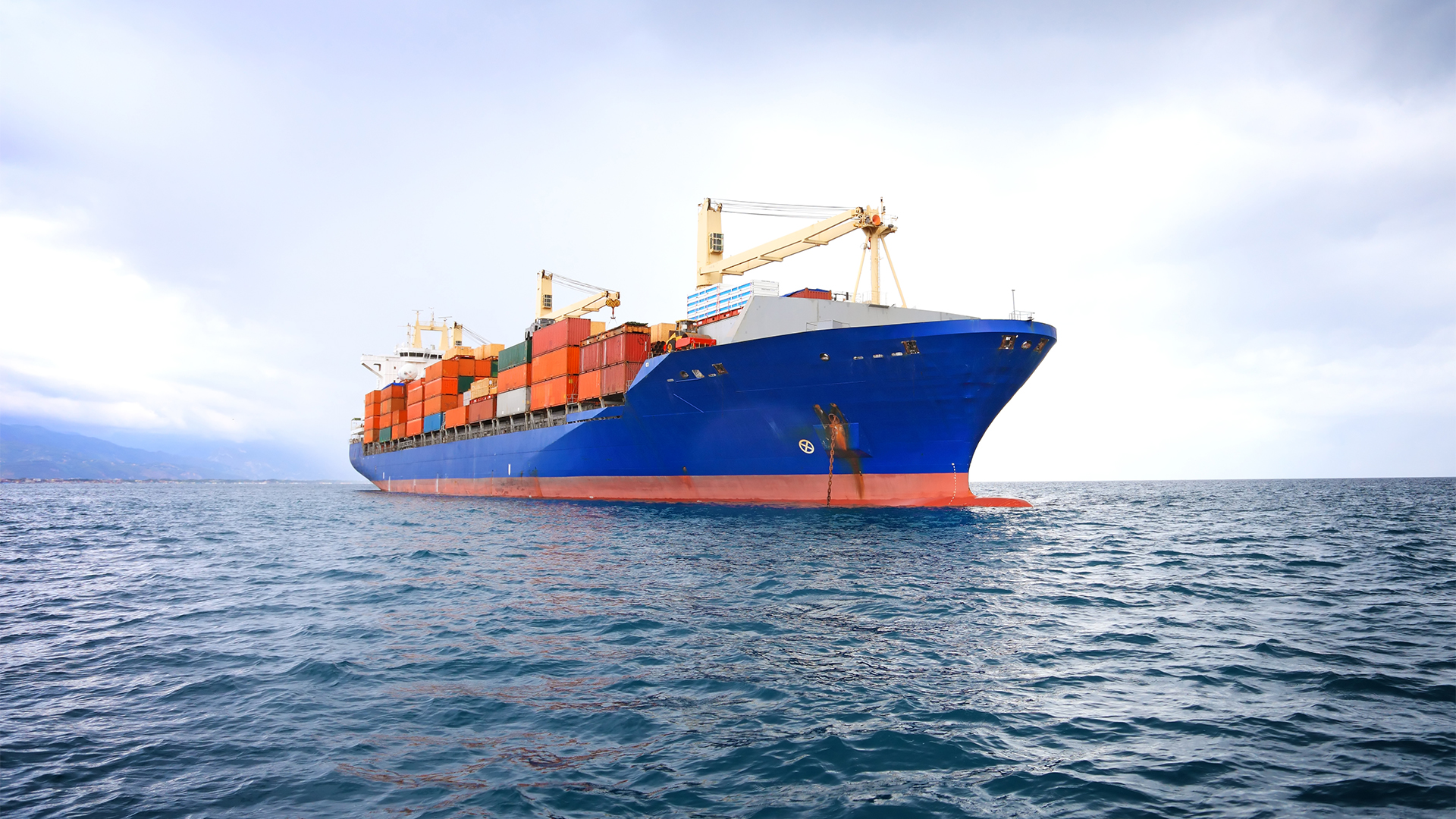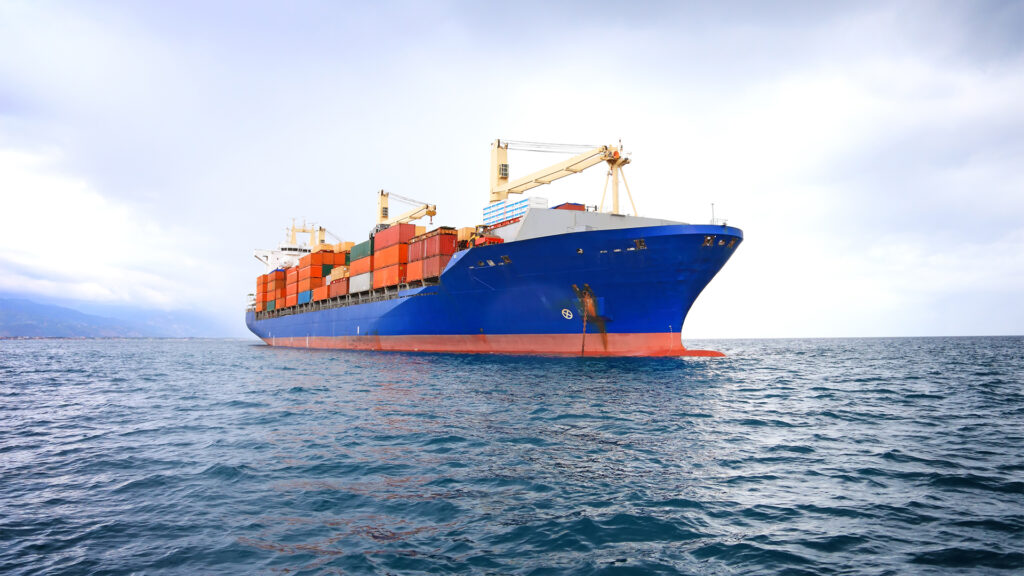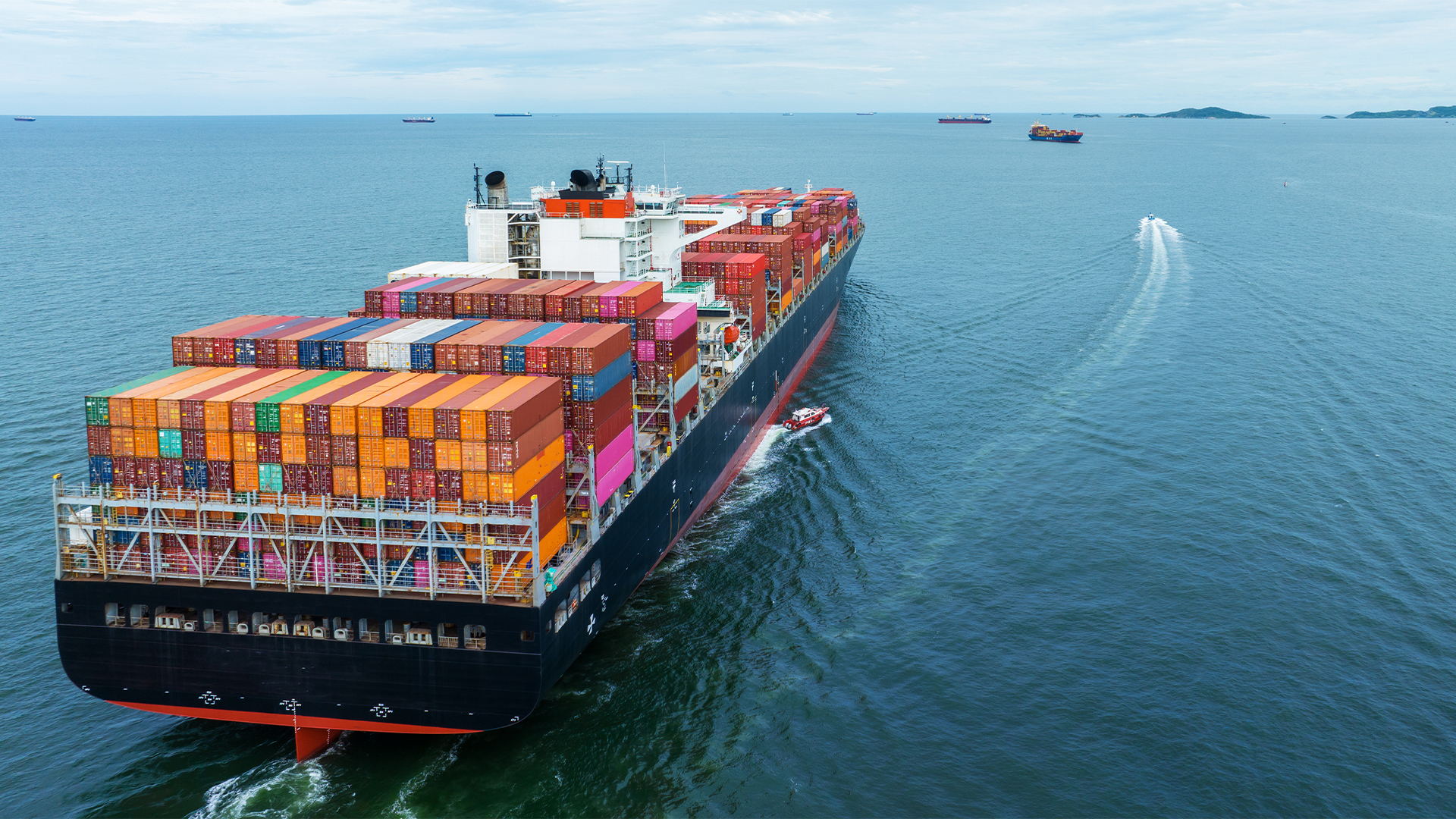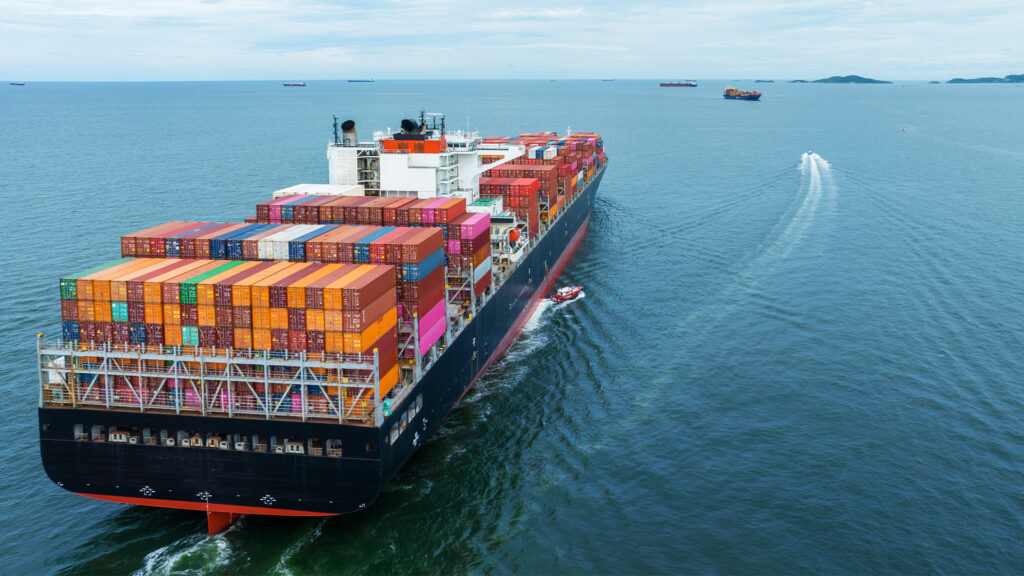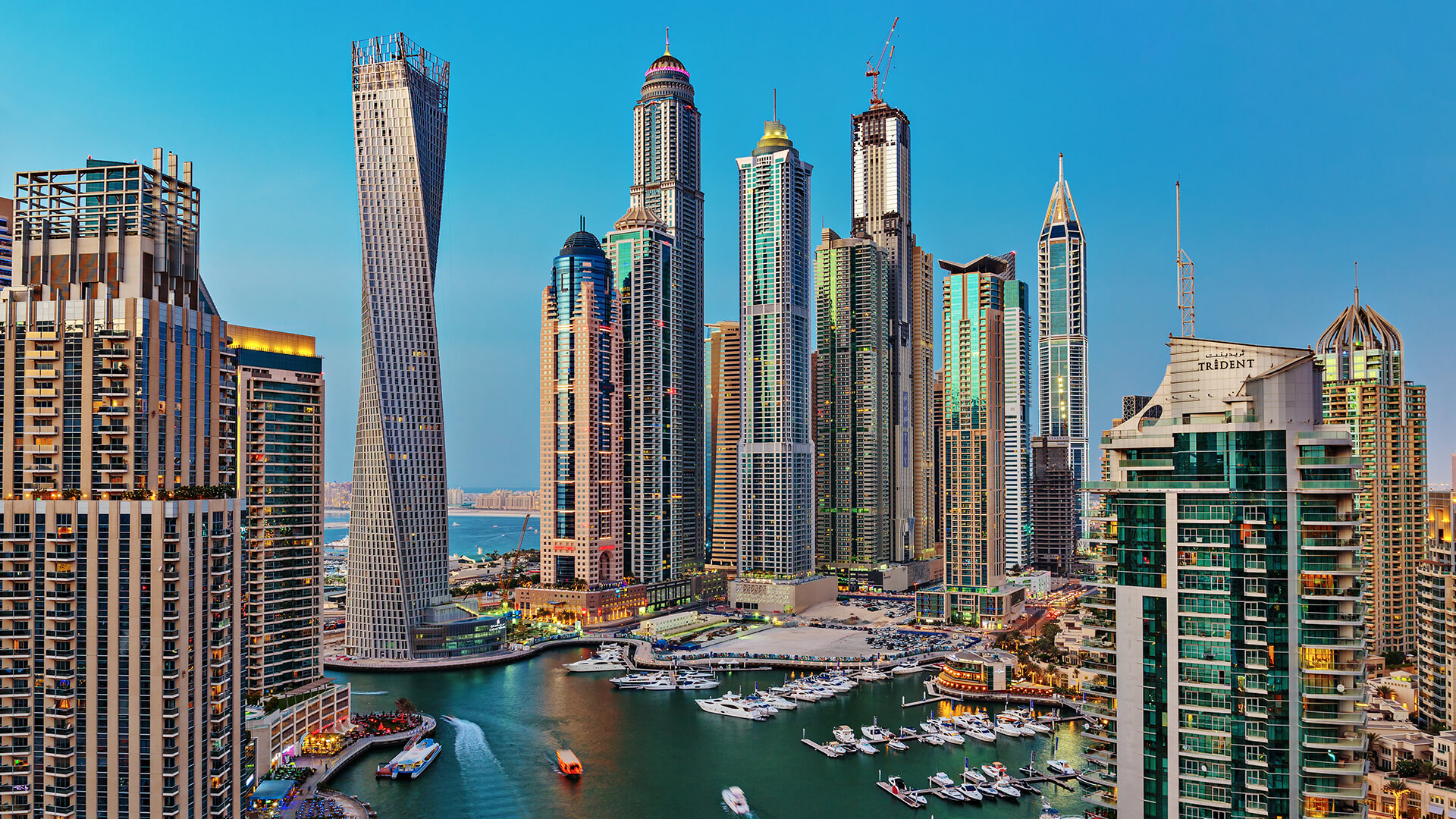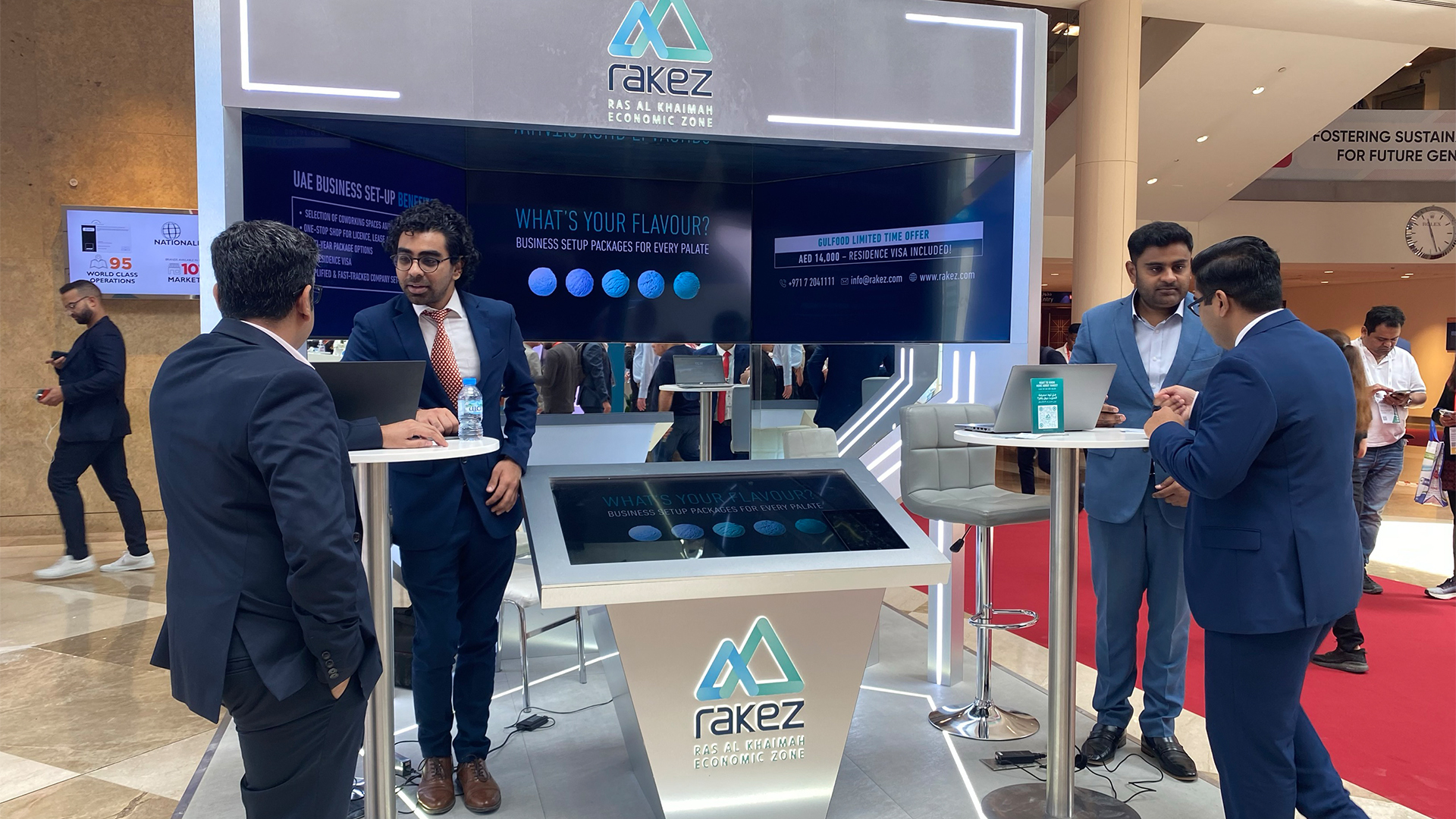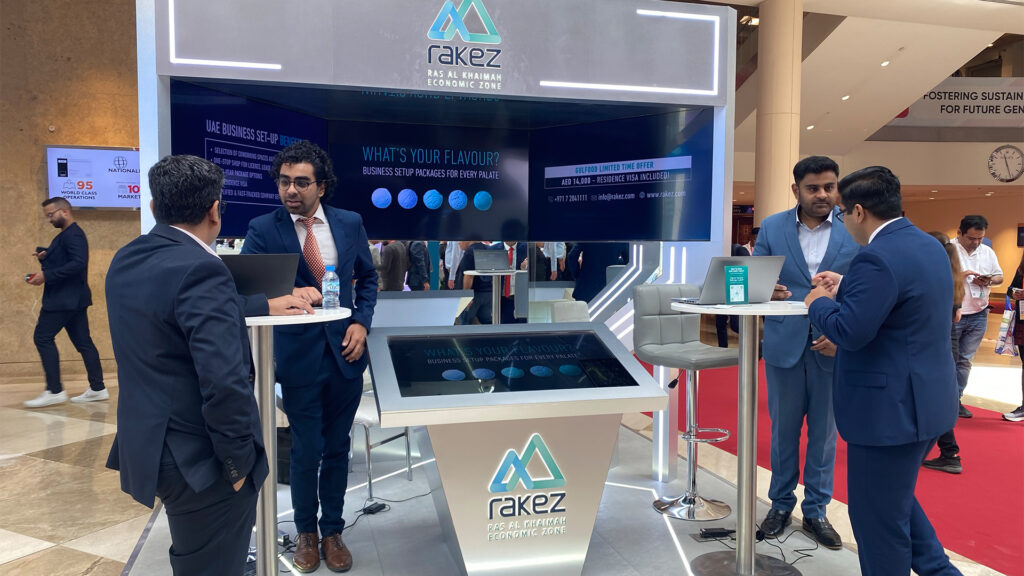
In Arabic, “Kiyadat” translates to “Leaders”, symbolizing the commitment to fostering national talent and paving their way towards leadership roles
Deloitte Middle East announced the launch of Kiyadat, a center of excellence designed to empower national talent across the Gulf Cooperation Council (GCC) region. In Arabic, “Kiyadat” translates to “Leaders”, symbolizing the commitment to fostering national talent and paving their way towards leadership roles.
Mutasem Dajani, CEO of Deloitte Middle East, commented on the launch, “The Deloitte Kiyadat Center of Excellence is an exciting element of our business and talent strategy, contributing to the advancement of the region. Our commitment is to support the development of national youth and professional leaders across the GCC, offering sustainable career paths within and beyond Deloitte. Our aim is to foster, empower, and advocate for the growth of national talent, shaping meaningful and impactful careers.”
Kiyadat will serve as a platform for current and future Deloitte programs aimed at nurturing and empowering talent. These initiatives span a multitude of purposes, including people development, mentoring and sponsorship to empower talent to build careers made for the future.
A Deloitte Kiyadat Advisory Council whose members are senior multi-disciplinary partners from across the region will govern the center providing their expertise and deep experience. The council members include Rana Ghandour Salhab, the regional Deloitte ME People & Purpose managing partner, Jazala Hamad, Audit & Assurance Partner and UAE nationalization leader; Nasser AlSagga, KSA Head of Tax Controversy, and Riyadh Office Managing Partner; Ali AlWazzan, Kuwait Office Managing Partner; Ahmed AlQassabi, Oman Office Managing Partner; and Nasma Abbas, Deloitte ME Director of the Empowerment & Performance CoE and Nationalization Lead.
The Advisory Council members in their inaugural meeting reiterated that Kiyadat reflects Deloitte’s dedication to growing and advancing men and women in the GCC to assume professional leadership positions in line with their countries vision of the future. Through leveraging strategic initiatives and forging impactful partnerships, the council aims to provide a differentiated strategy to empower national talent and foster an ecosystem conducive to their long-term success.
The Kiyadat initiatives will include establishing the Deloitte National Youth Councils in each GCC country. In addition to professional development programs like Mustaqbaly, designed for young audit and tax professionals, Itqan, for those pursuing careers in financial advisory, and the BrightStart and BrightStar pioneering programs which offer education-to-employment pathways for aspiring and highly skilled national university students in consulting, digital disciplines, cyber and risk advisory. Participants are hired at Deloitte while still pursuing their university studies and are given the chance to gain a long-term competitive advantage from an early stage.
Kiyadat will also include innovative programs such as “Kiyadat Tadarab” internships, “Ahlan Kiyadat” onboarding, “Najahi” specialized mentoring, “Kiyadat Alliances” as part of the external engagement strategy to strengthen ties with universities and government entities, as well as “Kiyadat @ Deloitte,” a dedicated portal for nationalization initiatives.
